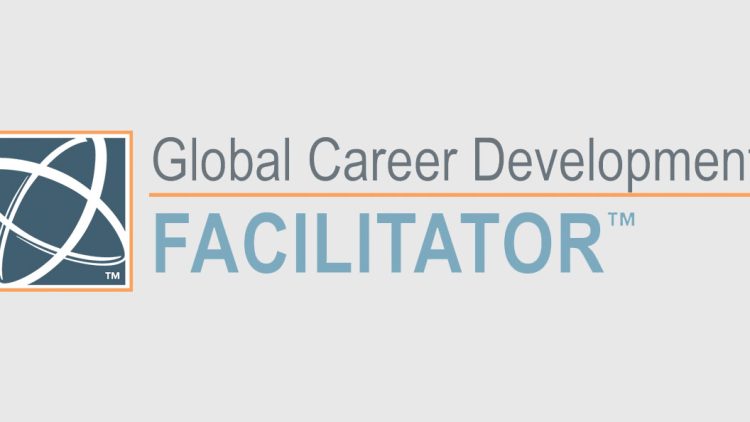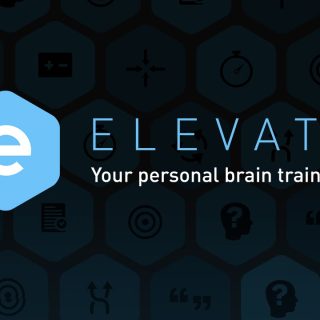Guiding Futures: The Intricate Role of a Career Development Facilitator
Within the dynamic landscape of career development, the role of a Career Development Facilitator (CDF) emerges as a beacon guiding individuals toward fulfilling and purposeful professional paths. This exploration delves into the multifaceted responsibilities of a CDF, whose primary focus is to conduct workshops and programs that enhance participants’ career development skills. The scope of their influence encompasses areas such as resume writing, interview skills, and strategic job search strategies.

Understanding the Responsibilities:
- Career Development Workshops:
- At the core of a Career Development Facilitator’s role lies the design and implementation of comprehensive workshops. These sessions serve as immersive learning experiences, covering a spectrum of topics essential for effective career development.
- Resume Writing Guidance:
- CDFs play a pivotal role in demystifying the art of resume writing. They provide practical insights into crafting resumes that not only showcase an individual’s skills and experiences but also align with industry standards and expectations.
- Interview Skills Enhancement:
- Recognizing that interviews are critical milestones in any career journey, CDFs offer guidance on honing interview skills. This involves conducting mock interviews, providing constructive feedback, and equipping individuals with the confidence and techniques needed to excel in real-world interviews.
- Job Search Strategies:
- A significant aspect of a CDF’s responsibility is to impart strategic job search skills. This includes teaching participants how to leverage online platforms, networking, and industry-specific job boards to identify and pursue suitable employment opportunities.
- Personal Branding and Networking:
- CDFs recognize the importance of personal branding in the modern job market. They guide individuals in articulating their unique value propositions, both on paper and in person. Networking strategies are also emphasized, fostering connections that can lead to valuable professional opportunities.
- Career Assessments and Goal Setting:
- CDFs employ various career assessments to help individuals gain a deeper understanding of their strengths, interests, and values. These insights serve as foundations for setting informed and achievable career goals.
- Continuous Professional Development:
- Acknowledging the evolving nature of industries, CDFs encourage a mindset of continuous professional development. They provide resources and strategies for staying abreast of industry trends, acquiring new skills, and adapting to the changing demands of the workforce.
- Individualized Career Counseling:
- While workshops cater to a group setting, CDFs also offer individualized career counseling sessions. These one-on-one interactions allow for a more personalized exploration of an individual’s unique career aspirations, challenges, and strategies for advancement.
The Impact of Career Development Facilitators:
- Empowered Job Seekers:
- By providing practical skills and knowledge, CDFs empower job seekers to navigate the competitive job market with confidence. Participants emerge with a clearer understanding of their strengths, enhanced application materials, and the ability to navigate the job search process effectively.
- Increased Interview Success Rates:
- CDFs contribute to increased interview success rates by preparing individuals to showcase their skills and experiences effectively. Through mock interviews and feedback, participants gain the poise and proficiency needed to excel in real-world interviews.
- Strategic Career Planning:
- Participants who engage with CDFs benefit from strategic career planning. By aligning their goals with industry trends, acquiring relevant skills, and developing a roadmap for professional growth, individuals are better positioned to achieve their long-term career objectives.
- Enhanced Professional Confidence:
- A crucial aspect of the CDF’s impact is the enhancement of professional confidence. Through skill development and personalized coaching, participants gain the assurance needed to proactively pursue and secure opportunities that align with their career aspirations.
- Adaptability and Resilience:
- CDFs instill in participants a sense of adaptability and resilience. By emphasizing continuous professional development and a proactive approach to career management, individuals are better equipped to navigate changes in the job market and industry landscape.
- Contributing to Workplace Diversity:
- Through inclusive and informative programs, CDFs contribute to fostering workplace diversity. By equipping individuals from various backgrounds with the tools for success, they play a role in creating more inclusive and representative professional environments.
Conclusion: In the intricate dance of career development, Career Development Facilitators emerge as choreographers, orchestrating a harmonious blend of skills, knowledge, and confidence. Their impact extends beyond workshops and programs; it permeates the professional trajectories of individuals, propelling them toward success in a competitive and dynamic job market. As architects of career empowerment, CDFs stand as vital contributors to the ongoing evolution of the workforce, ensuring that individuals are not merely job seekers but architects of their own professional destinies.








